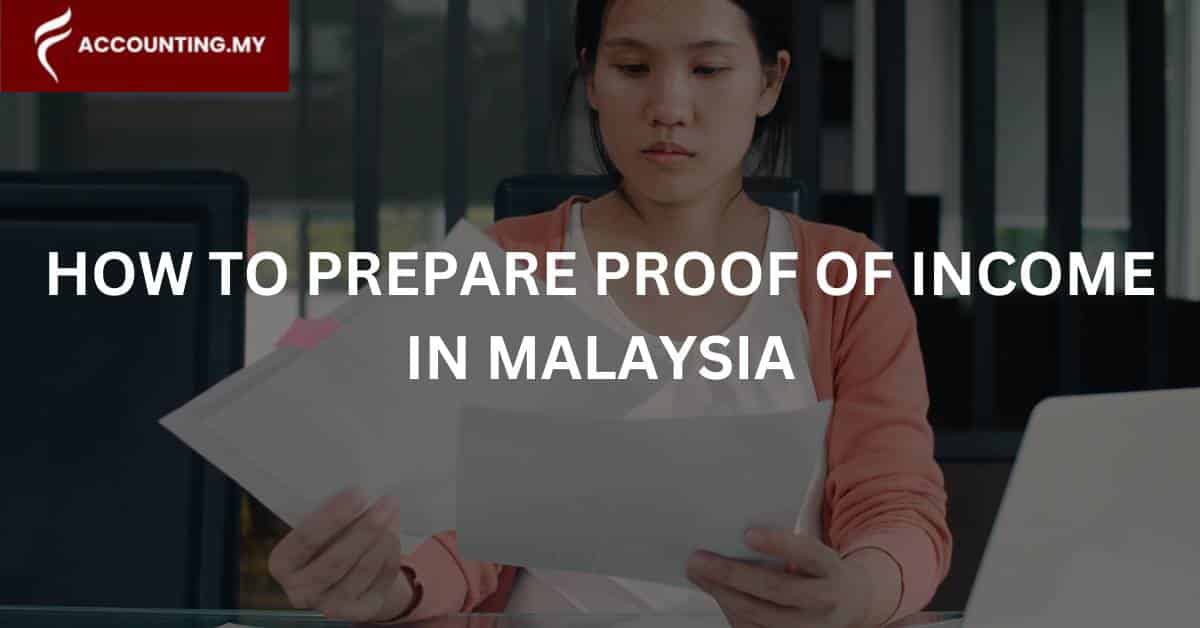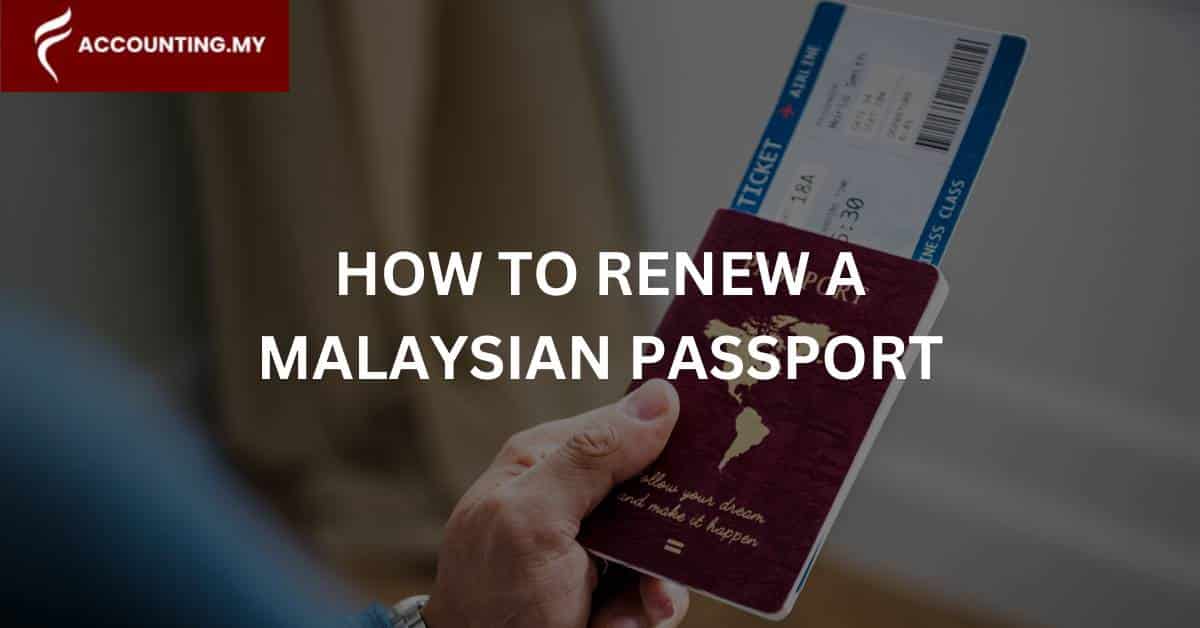Key Takeaways
- A food handling certificate is required under Malaysia’s Food Hygiene Regulations 2009.
- The certificate is obtained after attending a 3-hour training with a KKM-certified provider.
- It is valid for life, but the related typhoid vaccine must be renewed every 3 years.
- The course cost RM50 per person, with online and physical options available.
- Required for F&B business license application, health audits, and SME food safety compliance.
In Malaysia, a food handling certificate is an official recognition that an individual has completed basic food hygiene license and safety training.
Mandated by the Ministry of Health (KKM) under the Food Hygiene Regulations 2009, this certificate makes sure food handlers understand the risks of contamination, personal hygiene standards, safe food storage, and preparation practices.
Whether you’re a hawker, café worker, or operating a catering business, possessing a food handling certificate is not only a legal requirement, it’s also important for protecting public health and business credibility.
Who Needs a Food Handling Certificate in Malaysia?
Anyone involved in preparing, serving, storing, or selling food.
The food handling certificate is compulsory for:
- Restaurant and café workers
- Hawkers and food truck operators
- Catering staff
- Food stall owners
- SME food business owners (home bakers, cloud kitchens)
“According to KKM, failure to obtain certification can result in penalties, including fines, food premise closure, and rejection of food business license applications.”
SMEs applying for business licenses or halal certification must submit valid certificates for all staff involved in food handling.
How to Apply for a Food Handling Certificate in Malaysia
This process is standardised across all certified training providers and can be completed in one day. Yes, that’s right, a single day. Here’s how to get certified:
1. Choose a KKM-Approved Training Provider
Only courses from Ministry of Health (KKM) approved centres are valid.
- Only providers recognised by the Ministry of Health (KKM) under Regulation 30 of the Food Hygiene Regulations 2009 are valid.
- Verify providers on KKM’s FHT school list (online or physical classes are both acceptable).
- Course delivery options include online (Zoom or LMS) or classroom formats, with some providers bundling typhoid vaccinations.
2. Register with Your IC or Passport
Registration is simple and usually done online.
- Malaysian citizens must use their MyKad number.
- Foreigners must present a valid passport or work permit.
- You’ll need to provide your full name, contact number, and address.
- Group bookings are available for employers registering multiple staff.
3. Pay the Course Fee
The course costs RM50 per person (fixed by KKM), regardless of format, with additional fees for optional services such as typhoid vaccination.
- Some centres offer bundle pricing with typhoid vaccination included.
- Payments are accepted via FPX, bank transfer, or e-wallet.
- Request an official receipt for HRDF claimable or tax records.
Additional costs may apply for:
- Typhoid vaccine: RM20–RM40 (depending on provider or clinic)
- Certificate courier delivery or reprints: RM5–RM10 (optional)
4. Attend the 3-Hour Training Session
All food handling courses follow a Ministry-approved syllabus.
- Topics include:
- Personal hygiene and proper attire
- Cross-contamination risks and prevention
- Safe food storage temperatures
- Cleaning, sanitation, and foodborne disease control
- The session ends with a short quiz or knowledge check.
- No prior experience required, the course is beginner-friendly.
5. Receive Your Certificate
Certificates are issued on the same day.
- If you attend physically, you’ll get a printed certificate.
- For online courses, expect a digital PDF copy via email or WhatsApp.
- This certificate is required for:
- Business license applications with local councils
- Halal certification submissions
- Health inspections and audit documentation
How Long Does a Food Handling Certificate Last?
The certificate lasts for a lifetime, but the typhoid vaccine must be renewed every 3 years.
During audits or business license renewals, both documents are required:
- Food handling certificate (lifetime)
- Typhoid vaccination slip (renewed every 3 years)
You are not required to retake the course unless:
- You lose your certificate and require a replacement.
- Authorities require retraining due to incidents such as food poisoning outbreaks or premise closure.
- You change employers or sectors and your new employer requests a re-certification for internal SOP reasons.
Penalties For Not Having a Food Handling Certificate?
Non-compliance exposes both individuals and business operators to enforcement by KKM and local councils (PBTs).
Under Regulation 30(3) of the Food Hygiene Regulations 2009, food handlers who fail to attend training are liable on conviction of
- Fine not exceeding RM10,000
- Imprisonment for up to two years, or both.
In practice, enforcement officers may also issue closure orders under Section 11 of the Food Act 1983, which allows premises to be shut for up to 14 days if deemed insanitary.
Source: KKM Circular on Food Handler Enforcement Procedures
For Businesses:
- License Rejection or Suspension: Local councils ( DBKL, MBPJ) may refuse license applications or halt renewals if any staff lack certification.
- Premise Closure Orders: Inspectors can issue Notis Penutupan Premis Makanan under Section 11 of the Food Act 1983.
- Blacklist Risk: Non-compliant premises may be flagged in MyKKM or municipal databases, affecting future license approvals.
For SMEs:
- Halal Certification Denial: JAKIM may deny or revoke halal status if food handlers are uncertified.
- Insurance Claim Risks: Policies tied to food safety SOPs may become void or contested if the business is found non-compliant during claim processing.
“For halal certification, JAKIM requires documentation of staff food handler training and valid typhoid vaccination slips. Missing certificates can delay or derail applications, even if cleanliness standards are met” – Source: MPPHM Domestik 2020)
Summary Table
Violation | Consequence | Enforcement |
No certificate (individual) | Fine up to RM10,000 or 2 years imprisonment, or both | KKM / Health Officers |
No certified staff (business) | Premise closure, license rejection | Local council (PBT) |
Operating during inspection without documents | Immediate closure or suspension | KKM, DBKL, MBJB, etc. |
So in other words, don’t risk it and get the Food Handling Certificate if you venture into F&B. It costs only RM 50 per person, and it lasts for a lifetime.
Common Food Handler Mistakes That Get Your License Rejected
Overlooking these issues may cause local councils to reject your F&B license application or renewal.
Missing staff certificates during audits
Failure to present food handling certificates for all kitchen staff can be flagged during surprise inspections or renewal audits.
Expired typhoid slips
While the food handling certificate is valid for life, the typhoid vaccination must be renewed every 3 years. Many operators forget this, leading to automatic non-compliance.
Non-recognised training providers
Courses must be conducted by providers approved by the Ministry of Health (KKM). Using unlicensed providers invalidates the certification.
No proof of group registration or payment
Employers registering multiple staff at once must retain official receipts, payment proof, and registration lists. These may be required during audits or HRDF claims
Don’t Risk Non-Compliance Over a RM50 Certificate
If you’re handling any food or utensils, getting a food handling certificate in Malaysia is a legal and operational must for any F&B business.
With a single 3-hour course, you safeguard your customers, your business licence, and your reputation. A great deal all things considered!
Remember: The certificate lasts a lifetime, but your typhoid vaccination must be updated every 3 years. Always register through KKM-certified providers and keep digital and physical proof for audits or halal applications.
If you need help with a Malaysia business license and other requirements, reach out to us! We will be happy to help and get you legally compliant.
Frequently Asked Questions About Food Handling Certificate in Malaysia
The certificate itself is lifetime-valid, but your typhoid vaccine must be renewed every 3 years.
Yes, KKM-approved providers allow bulk staff registration for food handling certification.
Register with a KKM-approved provider, complete a 3-hour training, and receive your certificate.
RM 50 per person, with additional fees for typhoid vaccination.
Yes, foreigners with valid passports or work permits are eligible to apply.
Yes. Online courses are accepted if conducted by KKM-certified providers and follow the proper format.















